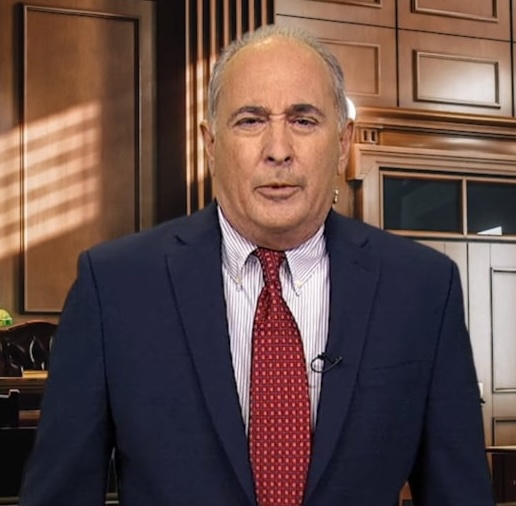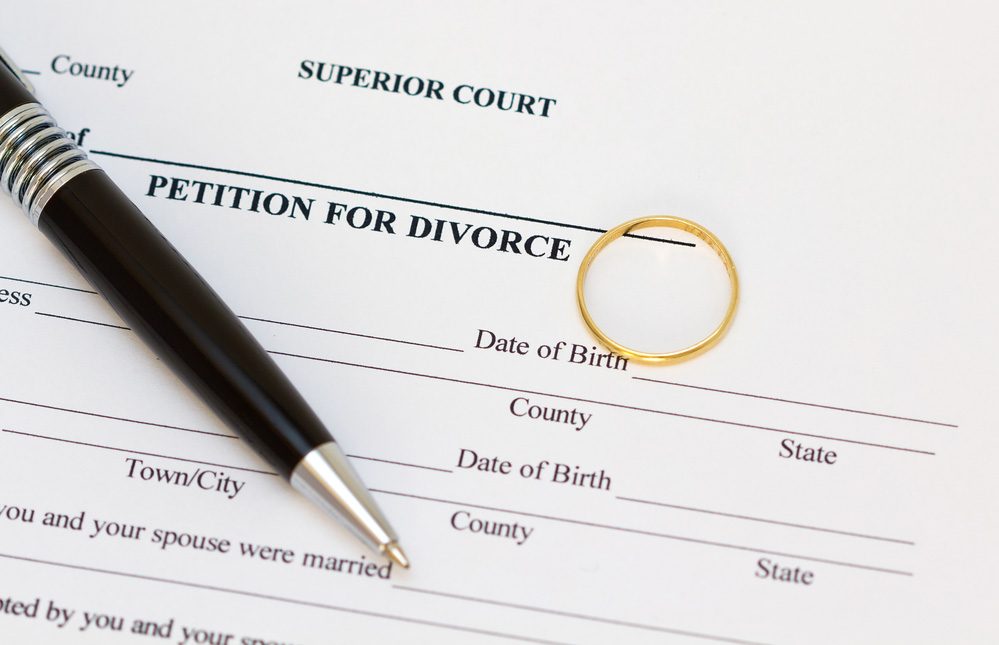
According to Florida divorce alimony laws, when a party believes that they have a need for financial assistance from the other party, alimony can be requested. As with child support, the Court can award temporary alimony until the final divorce hearing is held, at which time a final alimony amount may be ordered. An alimony determination will factor in the length of the marriage. "There is a rebuttable presumption that a short-term marriage is a marriage having a duration of less than 7 years, a moderate-term marriage is a marriage having a duration of greater than 7 years but less than 17 years, and long-term marriage is a marriage having a duration of 17 years or greater."1
Florida Divorce Laws Alimony
When it comes to Florida divorce laws alimony, sometimes you must consider permanent alimony. Permanent alimony is for long-duration marriages if the statutory criteria are met, or for moderate duration marriages if appropriate based on clear and convincing evidence after consideration of statutory factors. It is also for short duration marriage upon written findings of exceptional circumstances. In the award of permanent alimony the court must make findings that no other form of alimony is fair and reasonable.

Florida Divorce Alimony Laws
There are different types of alimony in Florida. Bridge the gap alimony is where there are identifiable short term needs and it is not to exceed two years. Durational alimony is for a set period of time. It is for short or moderate duration marriages, or long-duration marriages if there is no ongoing need for support on a permanent basis. Durational alimony can be modified upon a substantial change of circumstances pursuant to Florida Statute, although the length of the award cannot be modified, except under exceptional circumstances, and cannot exceed the length of marriage. Bridge the gap alimony is not modifiable as to amount or duration. Rehabilitative Alimony can be modified upon a substantial change of circumstances pursuant to Florida Statute, or upon non compliance with the rehabilitative plan, or completion of the plan. Permanent alimony may be modified based upon a substantial change of circumstances.

Divorce in Florida Alimony
Florida divorce alimony laws provide for certain provisions that the parties can agree to. Note that the parties can agree that alimony will be non-modifiable. Such a provision must be clearly stated in a Florida Marital Settlement Agreement for example. There is a downside however to making alimony non-modifiable. For example, let's say a party agrees to pay their spouse a certain amount of money for a specific period of time. And after the payments begin the paying spouse loses their job and their income is either gone or reduced. They would still be obligated to pay the alimony under the original terms because it was non-modifiable. And if the receiving party's financial need increases subsequent to the commencement of payments, they would not have the ability to ask for an increase in alimony because it was non-modifiable. Sometimes it's wise for the payor to insist for example that if their spouse gets remarried, that alimony ceases. A provision to make alimony non-modifiable should state for example that it is non-modifiable as to amount and duration, and in every other regard, for any reason whatsoever.

Florida Divorce Alimony Laws
Divorce in Florida alimony can be enforced if a party fails to pay. Alimony can be withheld from the paying parties paycheck or the party can be ordered to pay the money to Support Enforcement who will distribute it to the other party. If the party fails to pay Support Enforcement, one of their staff can testify that the payment was not made; instead of the party having to come to Court with an attorney. Also, failure to pay can result in the suspension of driving privileges. (although the court can grant a "work" permit) Lastly, if a party is unemployed or underemployed and fails to pay court ordered support, the judge can order the party to seek employment and enter a job training or work program.

Florida Divorce Laws Alimony
FL alimony laws have provisions regarding when the recipient re-marries or enters a “supportive” relationship. It should be noted however that where alimony is terminable upon re-marriage, (which "permanent" alimony usually is) that a court may reduce or terminate the alimony when the recipient is residing with someone in a "supportive" relationship. There are numerous factors that the court will consider in deciding whether a "supportive" relationship exists, such as whether the couple hold themselves out as husband and wife, and the nature of their financial dealings. (Durational alimony terminates upon death of either party, the re-marriage of obligee, or substantial change of circumstances pursuant to Florida Statute. Bridge the gap alimony terminates upon death of either party or re-marriage of the obligee. And rehabilitative alimony terminates upon substantial change of circumstances pursuant to Florida Statute or upon non compliance with the rehabilitative plan, or completion of the plan)

Florida Divorce Laws Alimony
Florida divorce alimony laws outline certain language for the need for alimony. In order to obtain alimony, there has got to be a need for assistance on the part of the requesting party and an ability to pay alimony on the part of the other party. Thus, one party may claim that they cannot pay their basic monthly bills without the help of the other. Note that if you have been receiving health insurance through your spouse's employer, that you may be eligible upon divorce to receive continued coverage. (The coverage usually lasts eighteen months or three years, although it must be paid for.)

Alimony in Florida
A classic example may be the 56-year old woman who has been married for 29 years. It takes $4,500.00 per month to run the household. The husband has moved into an apartment. The wife has never earned more than $300.00 per week and the husband earns $5,000.00 per month. The Court's position may well be that this woman is entitled to economic assistance. She has grown accustomed to a certain lifestyle and she will probably not be required to drastically alter it. Also, there is little likelihood that she can significantly increase her income anytime soon. (An award of alimony may not leave the payor with significantly less net income than the net income of the recipient unless there are exceptional circumstances.)

Florida Divorce Alimony Laws
Clearly there are many cases where the answer concerning alimony is not as obvious. A good example would be the 9 year marriage where the wife has a particular skill. She has not worked in her profession for awhile and won't have any significant earnings until she is back in the work force for a few years. Courts have the discretion in such a circumstance to award rehabilitative alimony as opposed to permanent alimony. This alimony is for a specific period sufficient to allow the receiving party to finish their education or advance in the job market to the point that they can make a reasonable living and be self sufficient. It may be changed to permanent alimony in some circumstances if the party cannot accomplish their rehabilitative goals through no fault of their own.
With regard to a nine year marriage, the Court cannot grant permanent alimony unless certain statutory criteria are met. Durational alimony could be given in a nine year marriage so that a party has economic assistance for a set period of time.

